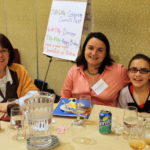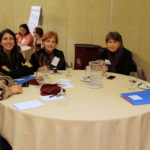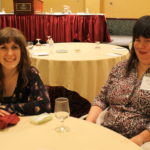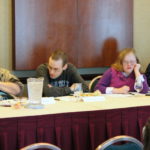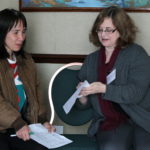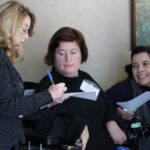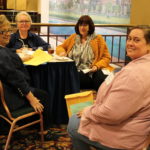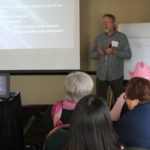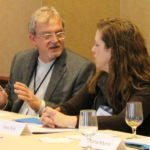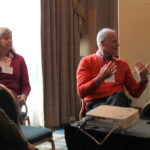
While celebrating Council’s past, present and future, along with its upcoming 40th birthday, the planning committee also established very distinct goals for the meeting:
- In order to facilitate networking and future collaboration, time was allotted for attendees to get to know one another and learn what they had in common.
- Grantees were given the opportunity to hear firsthand about other projects currently underway in Pennsylvania that benefit people with disabilities.
- The meeting provided current grantees with information on the Council’s Mission, Vision and Values that will support them in the work of their current projects and prepare attendees for future Council-funded work.
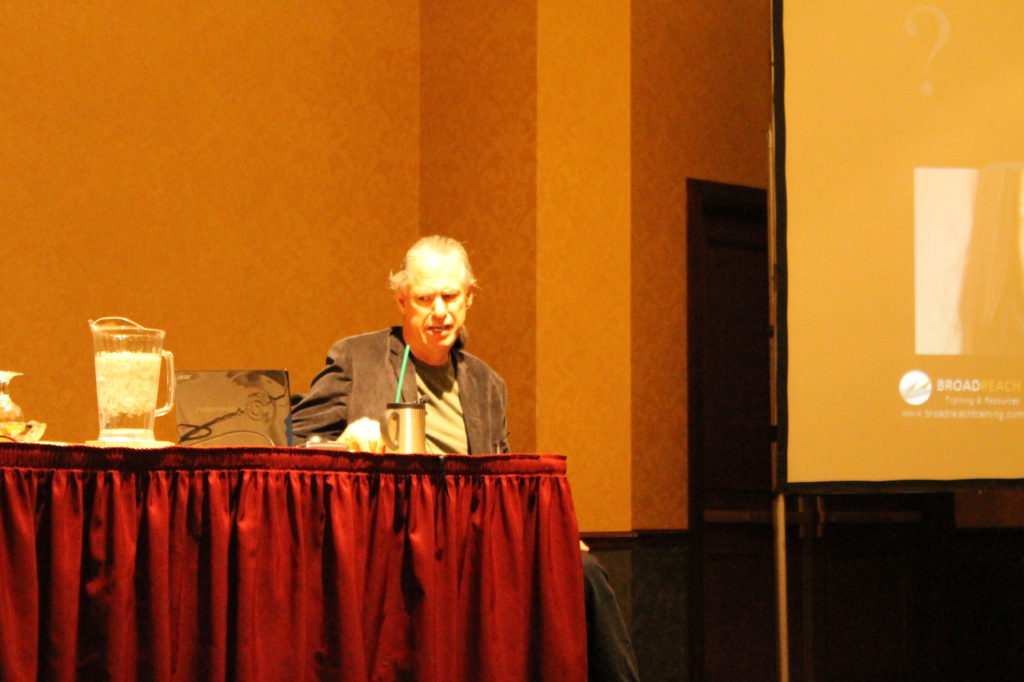
Friday evening was set aside to celebrate the Council’s past with a panel discussion which reflected on the many changes that the Council has experienced over the years, as well as things that have remained the same. The evening concluded with a celebration of the Council’s achievements, and of course, birthday cake!
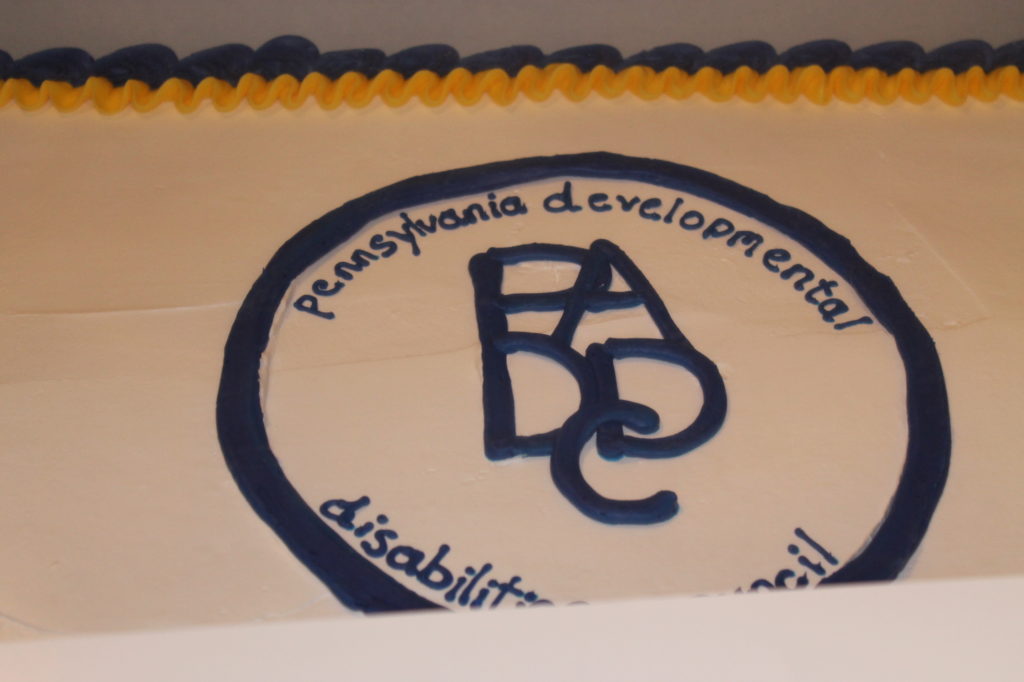
“What a wonderful opportunity to learn about the Council’s work and its overarching philosophy and values!”
In addition to the general sessions, multiple breakout sessions were held throughout Saturday afternoon. Grantees were able to choose to attend a wide variety of breakout sessions, including:
- Council’s 7 Statements of Values – This session explored how different projects emphasized the Mission, Vision & Values of the Council and how all the projects, although unique, shared common ground with each of the other projects funded by the Council.
- Facilitating Meaningful Self-Advocate Meeting Participation – A panel of self-advocates on the Council discussed their struggles to fully participate on boards and in meetings and shared strategies designed to assist and support participation on the Council committees, advisory boards, and other governing entities.
- Council’s Accessibility Arc – Past accessibility grantees shared stories about their community accessibility projects. The panel also explored work still to be done to make communities more accessible and barrier-free so that everyone is able to fully access community resources, businesses, programs and facilities.
- Active Participation of People with Disabilities & Minorities – The Council requires the active participation of minorities and people with disabilities in each of their projects. This session reviewed current practices used to meet this requirement and brain-storm strategies in order to better accomplish the goals of the Council and have meaningful outcomes for minorities and people with disabilities.
- Keys to Networking: Inclusion & Empowerment – This session focused on assisting grantees on finding common ground with their fellow grantees and discovering both the distinctive and the collective assets that might be available through making connections with other grantees.
- Societal View on Disabilities & Relationships – This session used videos and pictures to frame a discussion on the impacts of societal views on relationship choices. Attendees found this session intriguing and comments, “Very open and honest presentation on a very important issue.”
- Cultural Competence – It is expected that each Council project will implement strategies to further cultural competence. This session explored the challenges faced by projects, as well as approaches used in ensuring that projects fulfilled the Council’s commitment to cultural competence. Attendees were encouraged to seek possible collaborations among fellow grantees.
- Position Papers – This session focused on the importance of the “position paper”; how position papers could become more relevant to the work of the Council; and how they could be used to support its work. “Lots of bright people sharing ideas. It feels like what we shared and learned could really inform the way the Council operates around position papers,” one attendee commented on the session.
- Fertilizing Council Seeds To Grow Into Trees – The Council understands that all projects must come to an end and seeks ways to encourage project sustainability. A panel of grantees, with projects that have been sustained after their grant funding ended, detailed histories, present status, and what changes had to occur before and after Council funding ended, in order to continue their work.
Jeff Parker, previous Council Chairperson, and Graham Muholland, the Council’s Executive Director, ended Saturday’s program with an encore of the presentation that they gave at the National Councils on Developmental Disabilities (NACDD) Conference in 2012 on generic systems change.
Finally, the Council members who are recognized as self-advocates brought the All Grantee’s Meeting to a close on Sunday by facilitating two sessions that explored the future of disability work and the necessity of having people with disabilities in front and leading the way.

